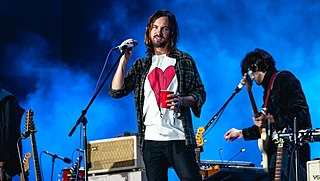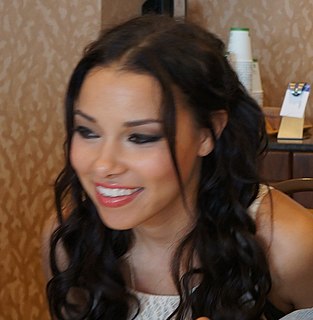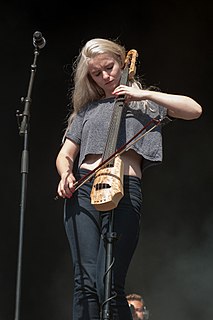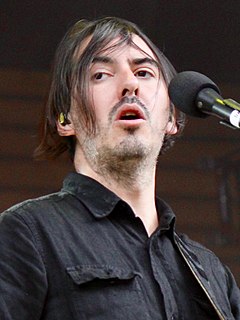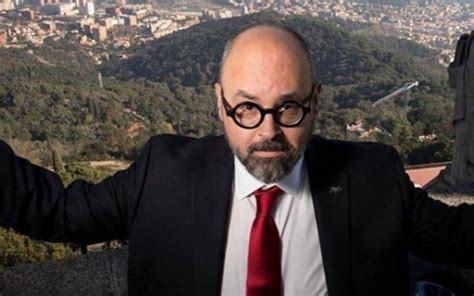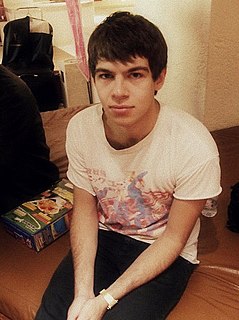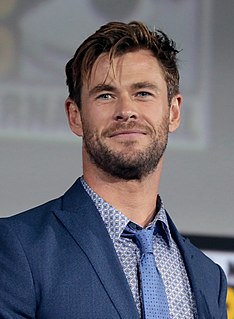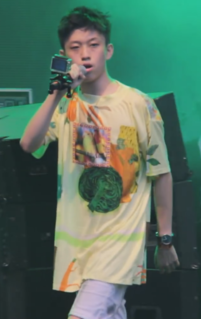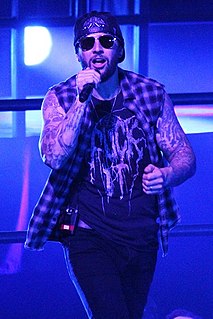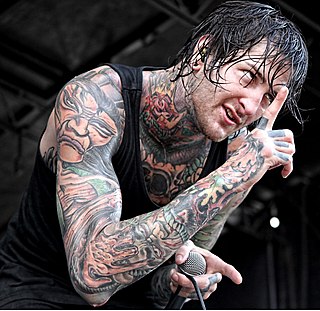A Quote by Kevin Parker
After my grunge phase, I started opening my horizons and listening to more electronic stuff. I got into Radiohead, specifically 'Amnesiac' - my brother gave me that album.
Related Quotes
My reaction to Radiohead isn't as simple as jealousy. Jealousy just burns; Radiohead infuriate me. But if it were only that, I wouldn't go back and listen to those records again and again. Listening to Radiohead makes me fell like I'm a Salieri to their Mozart. Yorke's lyrics make me want to give up. I could never in my wildest dreams find something as beautiful as they find for a single song - let alone album after album.
Later, when I was at Caesar's Palace, and [Joe and Gil Cates] were trying to get me to have opening acts for the show, they gave me a list of people, and Rosie O'Donnell was one of them. I said, "I don't really need any opening acts. I have funny stuff in the show, and I do a lot of comedy and stuff."
Throughout the entire time I was filming 'Thirteen,' I'd just lock myself in my room and listen to Garbage's first album. It was Shirley Manson, Nirvana and Radiohead who got me through everything. Also, Alanis Morissette and Tori Amos. They were so beautiful and strange, and they gave women permission to be angry and emotional, but also strong.
I was talking to my dad about the stuff he grew up listening to, and 'Operation: Mindcrime' is a record that he had always talked about around the house. He always talked about it as the 'greatest concept album of all time.' One day, I started listening to it, and it just hit me. I was like, 'These songs are all hits. They're all huge songs.'
My brother was in high school and he had a garage band going, but no one would sing. They were covering a Hatebreed song at the time and I knew the words for it. My brother knew I knew the words, so he came inside the house and he's like 'Hey Mitch, come out here and sing'. I did it and after that I started a band with my older brother. That's how I got started.
Jazz stopped being creative in the early '80s. After your acoustic era, where you had the likes of the Miles Davis Quintet, when it gets to the '70s it started being jazz fusion where you had more electronic stuff happening, then in the '80s they started trying to bring back the acoustic stuff, like Branford Marsalis and the Wynton Marsalis & Eric Clapton sextet. It started dying down from there. Miles was still around in the '80s and he was still being creative; he was playing Michael Jackson songs and changing sounds, but a lot of people were still trying to regurgitate the old stuff.
